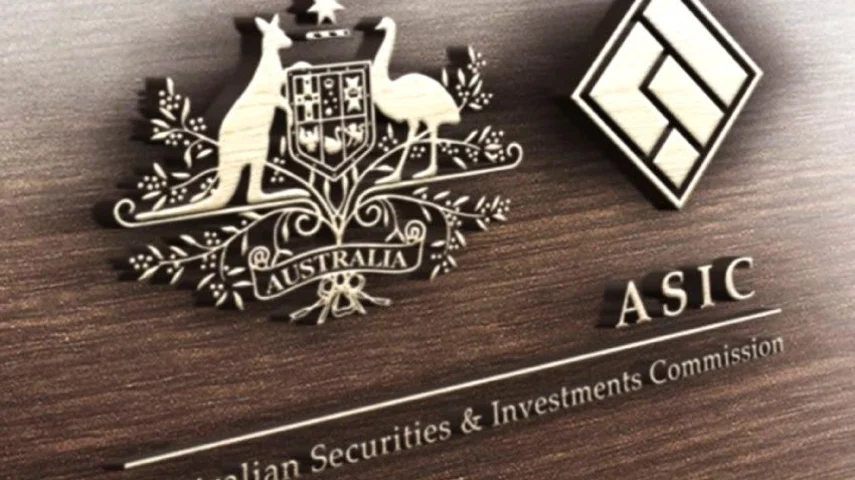ASIC weighs ‘thoughtful’ capital markets feedback amid calls for regulatory restraint



As stakeholders continue to publish their responses to ASIC’s consultation on capital markets, ASIC deputy chair Sarah Court has acknowledged the quality of the feedback received, describing some submissions as “really good, thoughtful and helpful”.
Speaking at the ASA Investor Conference 2025, Court reaffirmed that the regulator is “genuinely consulting” and now carefully reviewing a broad range of perspectives gathered during the consultation period, which officially closed on 28 April.
Court reiterated that ASIC is not seeking to impose heavy-handed regulation on private markets but is aiming to deepen its understanding of what she called an inherently “opaque” sector.
“We’re certainly not saying we need to go heavy-handed regulation in private markets, but as private markets, private credit increases, we are concerned about the lack of transparency in those markets,” she said.
“We see some risks, opacity, conflicts, valuation uncertainty is a really big one. These are some of the risks we are exploring and asking about.”
Court also addressed recent public debate around ASIC’s involvement in private markets, saying the regulator would be criticised for inaction if it failed to act ahead of a potential crisis.
Push for less regulation
Among the latest submissions made public is one from the Australian Institute of Company Directors (AICD), which said that “regulatory accumulation is a driving force behind the waning attractiveness of public markets”.
“While we accept that public markets rightfully demand high standards of accountability and transparency, the balance has been lost over recent years,” the institute said.
“As well as regulation applying specifically to listed entities, a growing statute book relating to complex matters such as cyber and data security, modern slavery, climate reporting and prudential standards has only added to the regulatory load.”
This view was also shared by the Stockbrokers and Investment Advisers Association, which said that “the governance burden on public companies and the regulations that make it difficult to list are areas requiring change”.
AICD also cited the rising risk of shareholder class actions – exacerbated by Australia’s strict continuous disclosure laws – as a key deterrent for companies considering the public route.
“Shareholder class action risk is largely the result of the unique interplay between Australia’s stringent continuous disclosure obligations and facilitative class action settings,” it said.
“These pressures, coupled with the increasing availability of private capital, alter the relative advantages and disadvantages of Australian public and private markets.”
Turning to private markets, the AICD said that while it agrees close examination of shifting market dynamics is “important”, it has yet to see compelling evidence for greater private market regulatory intervention.
“While there may be some merit in greater transparency and re-examining wholesale investor thresholds, we caution against creating additional compliance burdens that may stymie private capital investment in Australia, particularly at a time of lagging productivity and subdued economic growth,” the institute said.
“The goal should not be elevating private market regulation to the same high level as public markets – rather, we should aim for finely targeted and proportionate regulation across the board.”
This sentiment has been echoed by a number of other submissions, with many market participants warning against the risk of over-regulation.
Super fund HESTA, in its submission, said that appropriate governance and information-sharing practices are present in both public and private markets.
“Private markets enable institutional investors to access unique investment opportunities with strong governance rights and alignment of investment horizons,” it said.
ASIC is expected to deliver its response to the consultation on its Australia’s evolving capital markets discussion paper later this year.
Recommended for you
Superannuation industry bodies have warned the prudential regulator that some of the more rigid proposals in its Governa...
IFM has firmly opposed any push for publicly disclosing current valuations of private market assets, saying it would “damage the financial interests of investors” and reduce appetite for infrastructure and private business investment.
Subdued GDP figures have bolstered expectations that the RBA could cut rates sooner and, possibly more aggressively, market watchers say.
Australian institutional investors plan to keep their finger on the pulse of private markets, new data has shown, with local investors aiming to further expand allocations into the sector.









